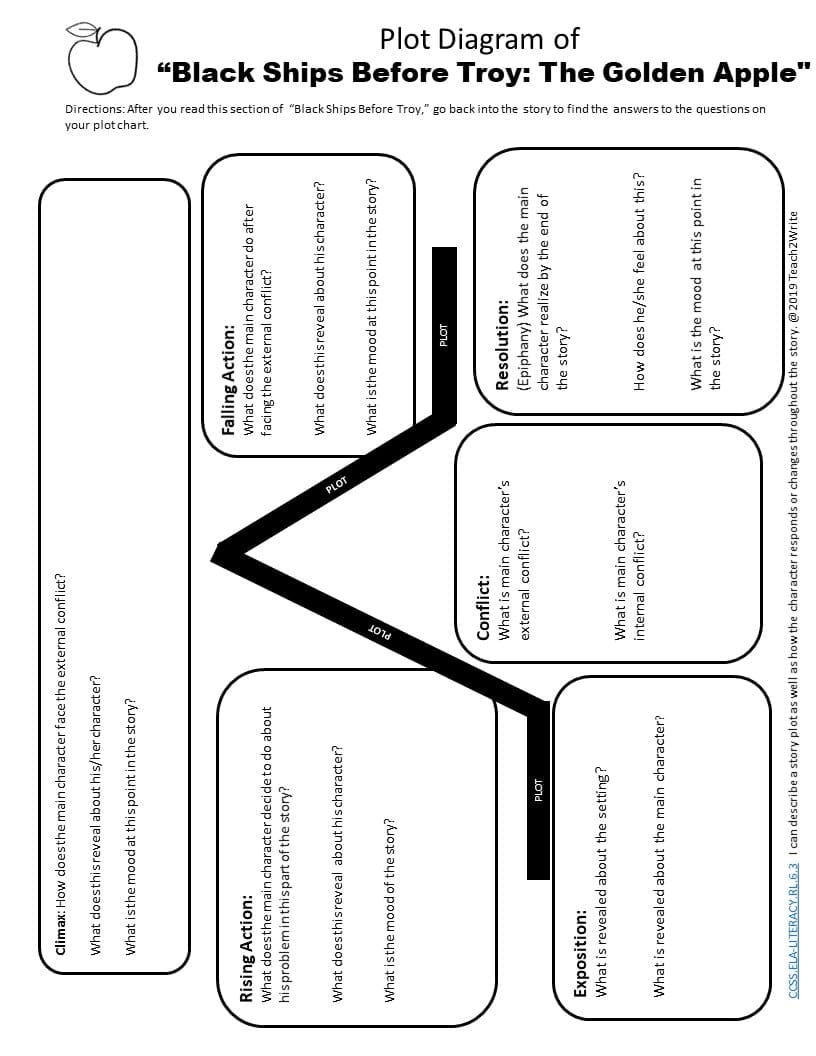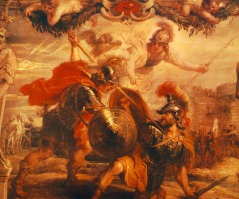

Hector refused, wanting to talk with Achilles, in an attempt to resolve the altercation without bloodshed, though Achilles was not one to be reasoned with due to Hector slaying his close wartime companion, Patroclus. Hector’s parents sat on Troy’s wall, pleading for him to take shelter within the safe walls.

According to Homer’s book, “ The Iliad”, Hector was killed in single combat by Achilles. Hector died at the hand of the Achaean warrior named Achilles.

Although when he killed Patroclus, Achilles reentered the war and the Trojans were beaten back again. He turned the tide of battle, breaking down their barriers and slaughtering their troops. As he was the Trojan's best warrior he was both hated and feared by the Achaeans. He was gracious to all and thus thought of favorably by all, except by the Achaeans. He was loved by all his people and known for never turning down a fight. Hector throughout the Trojan War brought glory to the Trojans as he was their best fighter and heir. Hector wed with Andromache, who was his wife, and the mother of his first and only infant son, Scamandrius, who the people of Troy knew as Astyanax. He was the first-born son of King Priam and Queen Hecuba, making him a prince of the royal house and heir to his father’s throne. Hector of Troy was a Trojan Prince and warrior of Troy. Greek author and poet, Homer, described Hector as “peace-loving, thoughtful, as well as bold, a good son, husband and father, and without darker motives.” He was handsome, fierce, and high-spirited, merciful to the citizens, and deserving of love.". Meanwhile, in the account of Dares the Phrygian and also that of the Trojan Priest and author, Dares Phrygius, he was illustrated as ".

Hector was described by the chronicler Malalas in his account of the Chronography as "dark-skinned, tall, very stoutly built, strong, good nose, wooly-haired, good beard, squinting, speech defect, noble, fearsome warrior, deep-voiced". Hector's name could thus be taken to mean 'holding fast'. Héktōr, or Éktōr as found in Aeolic poetry, is also an epithet of Zeus in his capacity as 'he who holds '. In Greek, Héktōr is a derivative of the verb ἔχειν ékhein, archaic form * ἕχειν, hékhein ('to have' or 'to hold'), from Proto-Indo-European * seɡ́ʰ- ('to hold'). Obverse depicts bearded Hector wearing triple crested helmet and reverse depicts infant Dionysos. The bronze coin struck in 350–300 BC in Ophryneion, which was considered to be the site of the Tomb of Hector.


 0 kommentar(er)
0 kommentar(er)
